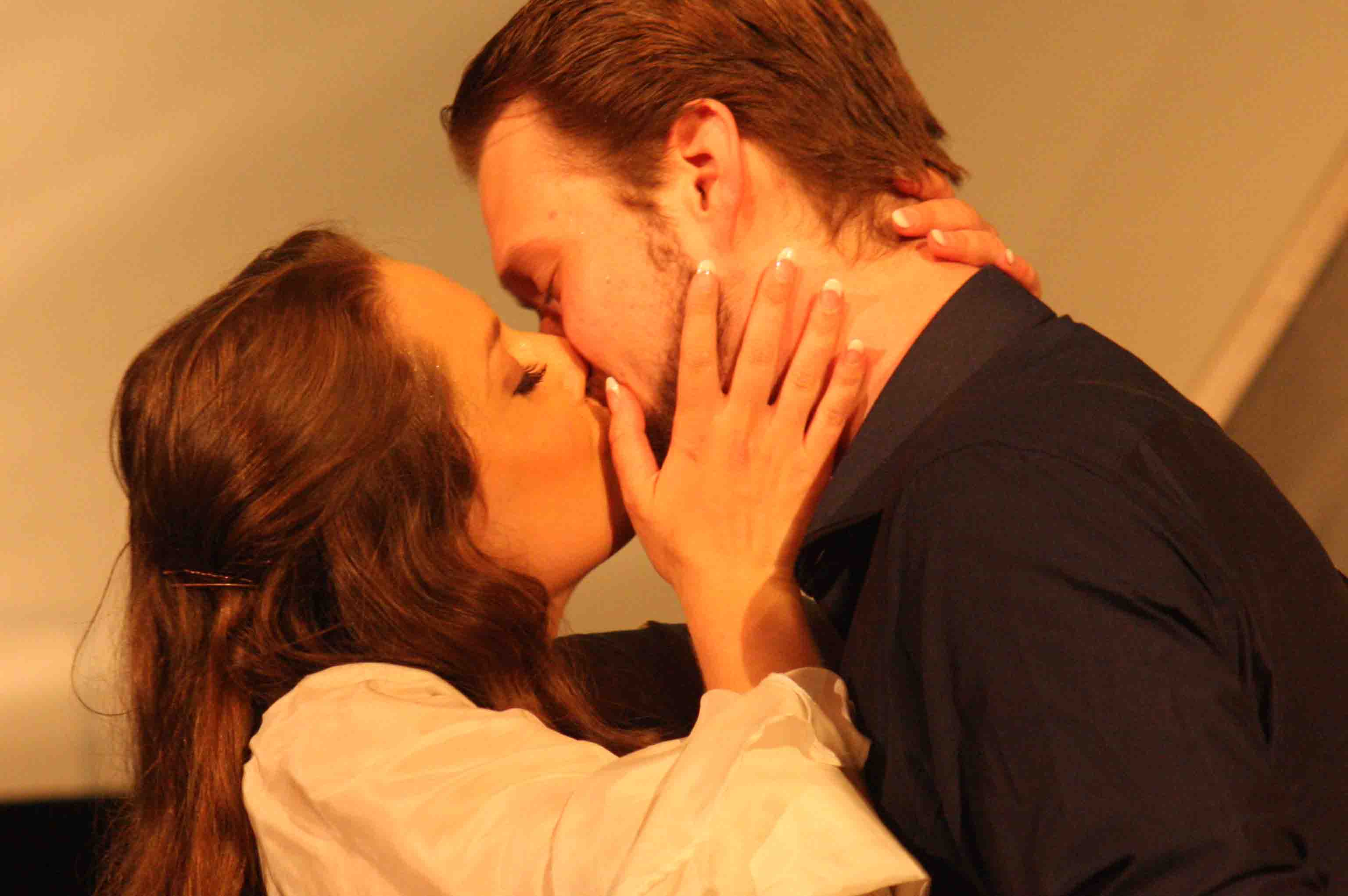Die Fledermaus
BOA features Strauss II's greatest operetta: Die Fledermaus

Roles
Gabriel von Eisenstein - baritone
Rosalinde, Eisenstein's wife - soprano
Adele, Rosalinde's maid - soprano
Ida, Adele's sister - soprano
Alfred, a singer teacher - tenor
Dr Blind, a lawyer - tenor
Frank, a prison governor - baritone/bass-baritone
Prince Orlofsky - mezzo-soprano
Frosch, a jailer - speaking role
Dr Falke, a notary - baritone
July 30th - August 26th
BOA continues it's season with Die Fledermaus, Johann Strauss II's masterwork.
Why perform it?
It's a chance to better your German with the most most performed operetta in the world, from the most significant composer of operetta in the German language.
Synopsis
It's New Year's Eve in Vienna and Eisenstein is being forced to go to jail for punching a police officer, however decides to evade jail for one night so that he can go to Prince Orlofsky's ball. Eisenstein wants to go with his friend Falke, so he tells his wife, Rosalinde, that he is heading off to jail. Meanwhile, Rosalinde knows that Eisenstein is lying, and follows him, in disguise as a Hungarian countess. Adele, their maid, also feigns an excuse to be released from work that night so that she can also join, disguised as a Russian actress named, Olga. After many mistaken identities, Eisenstein attempts to seduce his own wife without knowing. Much frivolity, and many festivities behind them, the great farce ends happily for all.
Die Fledermaus has also been adapted 19 times for film and television.
Premiere
The original literary source for Die Fledermaus was Das Gefängnis (The Prison), a farce by German playwright Julius Roderich Benedix that premiered in Berlin in 1851. The operetta premièred on 5 April 1874 at the Theater an der Wien in Vienna and has been part of the regular repertoire ever since.
Die Fledermaus is a staple at German houses and a good piece to know for fest engagements.
